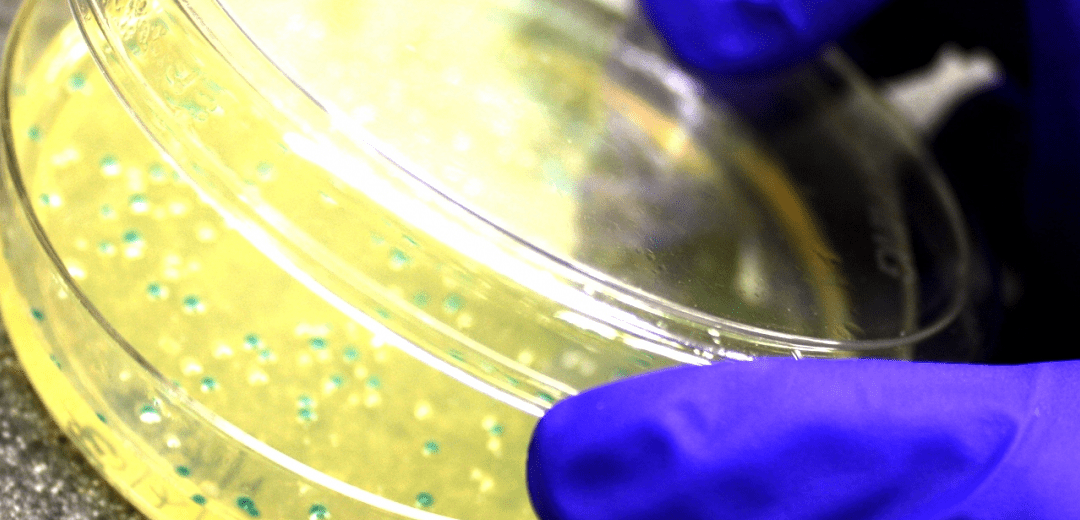Pichia pastoris has some key advantages that make it a system of choice for the production of certain types of protein.
Brief history of Pichia pastoris as expression system to produce recombinant proteins
First of all, note that P. pastoris has been reclassified into a new genus, Komagataella. So “P. pastoris is no longer, long live K. pastoris!”
Did you know that K. pastoris was initially developed for the manufacturing of animal feeds? This made use of methanol induced in the refinery of natural gas. But history took its course, and the two oil price shocks of the 1970s, with the price of methane going through the roof, saw the end of this somewhat original idea. It’s in this difficult economic climate that Phillips Petroleum repurposed the system for the production of the porcine growth hormone.
P. Pastoris: strong advantages for the expression of recombinant proteins
Combining the advantages of both prokaryotic and eukaryotic expression systems, P. pastoris is now an asset with a number of strengths:
- fast and cost-effective: rapid establishment of a hyper-producing cell line (one month only), a reduced production time (one week) and relatively inexpensive culture media
- efficient: high cell densities (OD600nm >200) and yields in excess of 1g/L
- it usually secretes the protein of interest directly into the medium, allowing for easier purification. This has the added advantage of removing any requirement for the dreaded step of viral clearance and related validation.
Seen in this light, it appears like an ideal system. Why then is K. Pastoris not used more widely for the development of biopharmaceutical products (only 16 products approved by regulators but, thus far, no full-length mAb)?
P. Pastoris: a perfectible expression system for recombinant protein production in GMP standards
Like any other system, K. pastoris also has its flaws. First of all, the protein of interest is generally expressed using the strong methanol inducible AOX1 promoter. At scale, use of this highly flammable and highly toxic solvent induces rather costly safety measures.
K pastoris also has the unfortunate tendency to produce high mannose glycan structures. This type of glycosylation usually affects immunogenicity and decreases protein half-life, an issue in the production of biotherapeutics.
Finally, of course, widespread use of the system is hindered by the intellectual property fees associated with most of the necessary tools (such as strains and vectors). Homogeneous humanised glycosylation using Merck’s GlycoFi technology or RCT’s GlycoSwitch in licencing costs.
In this context, we generally recommend using the patent-free expression system (see our blog article) for the production of peptides or non-glycosylated protein. For example, K. pastoris has all the characteristics suitable for the production of some antibody fragments (e.g. nanobodies by Ablynx). For the production of full-length antibodies with humanised glycosylation patterns, you will need to wait a little longer unless you can afford the GlycoSwitch technology. A word to the wise.




